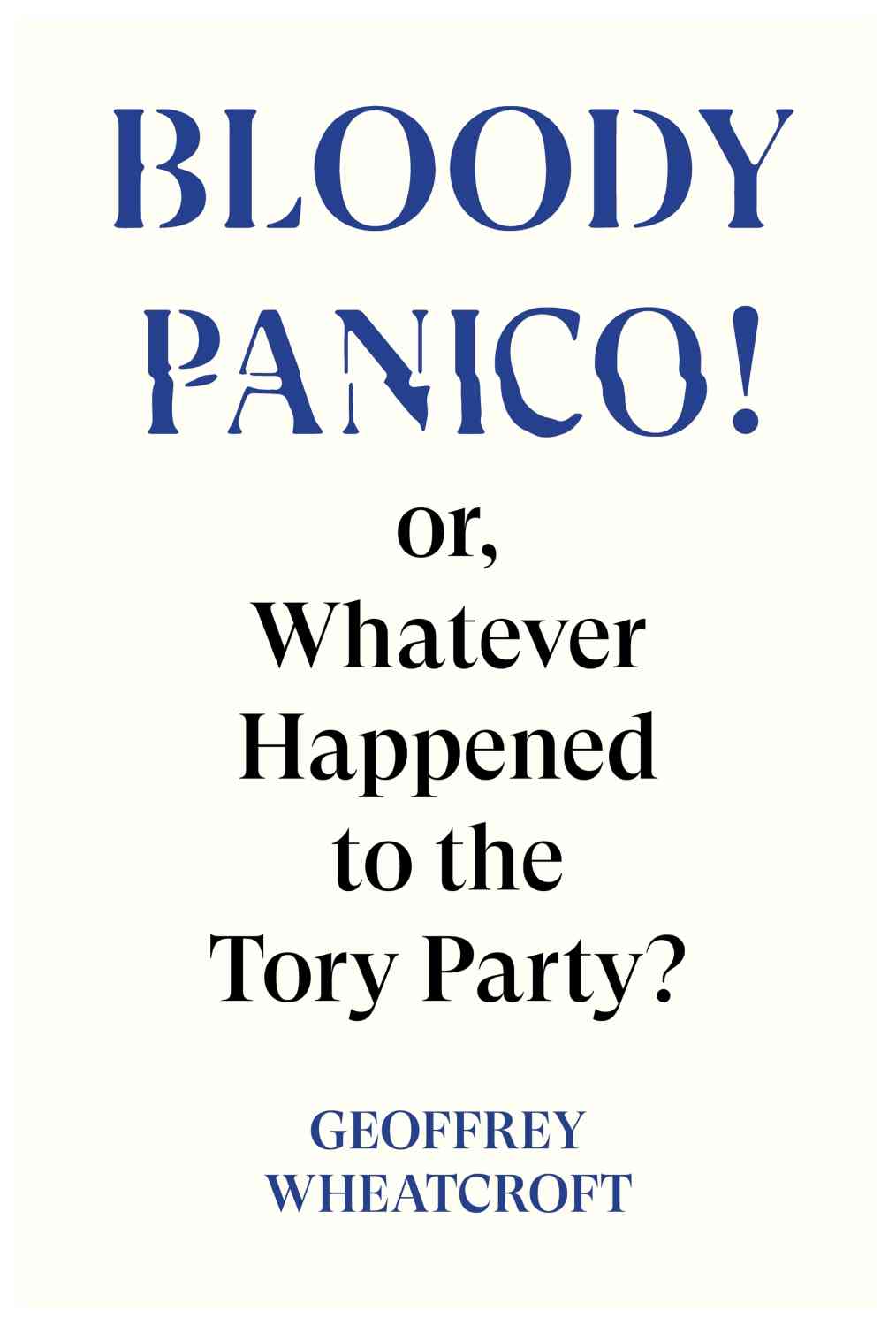Lord Lexden reviews: 'Bloody Panico! or, Whatever Happened to The Tory Party'
Winchester, June 1970: Tory candidate Rear Admiral Morgan-Giles canvassing for votes | Image by: PA Images / Alamy Stock Photo
4 min read
Angry and fast-moving, Geoffrey Wheatcroft’s powerful attempt to understand what has gone wrong in the Tory Party is rooted in despair
Few people are as well qualified to write about the Conservative Party’s unhappy condition as Geoffrey Wheatcroft. He knows a great deal about the party’s history, as he showed in his book The Strange Death of Tory England, published to critical acclaim in 2005. This short work is, he tells us, a postscript or coda to it.
Wheatcroft is also a very experienced journalist who observed the Margaret Thatcher and John Major eras closely from the vantage points of The Telegraph and The Spectator. Then he held both the party and those publications in high esteem. Now he is utterly disillusioned with them all. This is an angry, fast-moving and powerful little book, rooted in despair.
The title will strike an immediate chord with Conservatives. As the party prepared to join the European Community at the behest of Ted Heath, a redoubtable MP, Rear-Admiral Sir Morgan Morgan-Giles, shouted during a heated meeting of the 1922 Committee in 1971, “pro bono publico, no bloody panico”. The words passed into Tory folklore. In taking the last two of them as his title, Wheatcroft neatly conveys his purpose: to show how the Tories have brought misfortune on themselves by abandoning the Admiral’s old salty wisdom.
On almost every page, he blends points from Tory history, which stretches back nearly 350 years, with contemporary events to enhance understanding of what has gone wrong. It is not that the Tories have rejected unchanging historic beliefs that served them well. Consistency has never been a Tory virtue.
Consistency has never been a Tory virtue
Theirs is a story of recurrent reinvention. Wheatcroft writes: “Sometimes committed to free trade, sometimes to protection, now determined to crush Irish rebels, now to making terms with them, routing the trade unions in the 1920s but placating them in the 1950s before routing them again in the 1980s. And the Tories showed a remarkable gift for recovery from disaster.”
He does not encourage the belief that they definitely retain that gift today, after being in power either on their own or in coalition for over 100 of the last 150 years. “No law of history says that any political party has to survive.”
He draws an interesting comparison between Benjamin Disraeli and Boris Johnson. Both had colourful private lives (though Dizzy was never quite as brazen for so long as Johnson) and readily changed course to further their careers.
There is, however, a fundamental difference between them. Disraeli held office as prime minister with great distinction. Johnson was incapable of running a government, as Anthony Seldon made clear in devastating detail in his study of the chaos that reigned while Johnson was in Downing Street. The end came, as Wheatcroft reminds us, after “the deputy chief whip was seen at a party at the Carlton Club, the Tories’ historic unofficial headquarters, fondling the groins of younger men”.
 As for the publications he once admired, Johnson’s irresponsibility as a journalist has played its part in undermining what he describes as their once “notably honest and even-handed” character. The change permitted the publication of such lines as “Boris’ win proves the soul of our nation is intact” in The Telegraph after the 2019 election.
As for the publications he once admired, Johnson’s irresponsibility as a journalist has played its part in undermining what he describes as their once “notably honest and even-handed” character. The change permitted the publication of such lines as “Boris’ win proves the soul of our nation is intact” in The Telegraph after the 2019 election.
Geoffrey Wheatcroft looks back wistfully to the pragmatism and “sheer common sense” that brought the Tories so much past success. Recovery will involve applying those qualities to the two interlinked issues that have been at the heart of Tory misfortunes: Europe and immigration. Above all, there must be no more incompetent charlatans in high places.
Lord Lexden is a Conservative peer and historian
Bloody Panico! or, Whatever Happened to The Tory Party
By: Geoffrey Wheatcroft
Publisher: Verso Books
